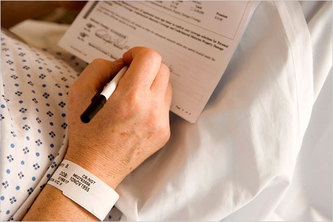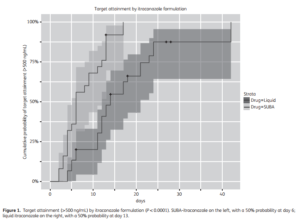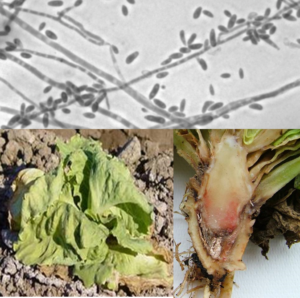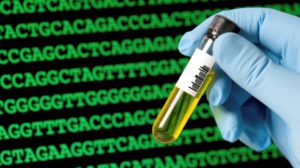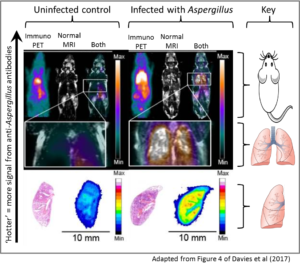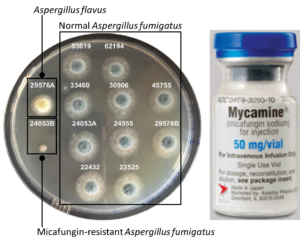Submitted by Aspergillus Administrator on 14 September 2012
We have already debated in this blog the difficulties many people who suffer from chronic infection may have when they or their family are thinking about having their genome fully sequenced. Once sequenced the information contained within a genome can tell us many things about that persons vulnerability to disease & disorder in their future life, consequently various parties will immediately have a profound interest in that information
- the patient
- their children
- other genetic relatives (siblings, parents, more distant relatives)
- person considering having a family with the patient
- NHS (Government)
- Mortgage providers
- Life Insurance companies
- many more!
Who should know, what should people be told?
Doctors are struggling with the ethics of finding out far more about a patient than they originally intended when they ask for a genome to be sequenced – should they have an agreement with the patient before offering the test if the new information indicates a high probability that the patient will develop an incurable illness? What about if that illness can be cured if the doctor treated the patient before any symptoms developed?
In this article we find that similar ethical dilemma’s are not restricted to doctors treating the patient. Researchers currently routinely take samples of tissue from patients after asking for consent and getting a signed agreement off the patients that allows the researcher to proceed (Informed Consent). In some research samples are passed to other researchers, some of who may also be medical doctors.
In one example case genome sequencing was carried out for research purposes on the DNA of a young woman who was planning a double mastectomy to prevent herself getting breast cancer. There was a strong family history of breast cancer in this case so in the absence of any further information this was a sensible precaution albeit drastic. It is likely that the research was to investigate what genetic factors cause breast cancer to run in families, and how they work – some factors would be already known and others not. It is normal practice for this to be done anonymously to protect all parties involved, so the researchers do not know the identity of the tissue donor unless the donor permits that to be known.
As a result of being able to read this person’s DNA code the researchers soon realised that this person was one of the lucky family members who were not at risk of breast cancer – but they had also discovered by chance that she planned drastic surgery. Researchers were horrified that the information they had meant she did not have to have the surgery – but they were bound by law not to break the original research agreement with the patients not to disclose the information. The outcome was that a way was found to tell the patient to prevent the surgery and that necessarily triggered a series of similar conversations with all of the family.
Not many people would say that the research team should not have contacted the person considering radical surgery – but where do we draw the line that defines where we must break confidentiality? Many other women in that research project would also have been found to be not at risk of breast cancer but as the researchers did not know anything about those people they did not make contact – was that wrong? In all probability the samples were given for research purposes and not as part of the clinical care of those people – such research could not have gone ahead if the original attention was to disclose the results of the tests to the people involved and future research will not go ahead if that is changed.
News archives
Showing 10 posts of 953 posts found.
-
Title
Date

